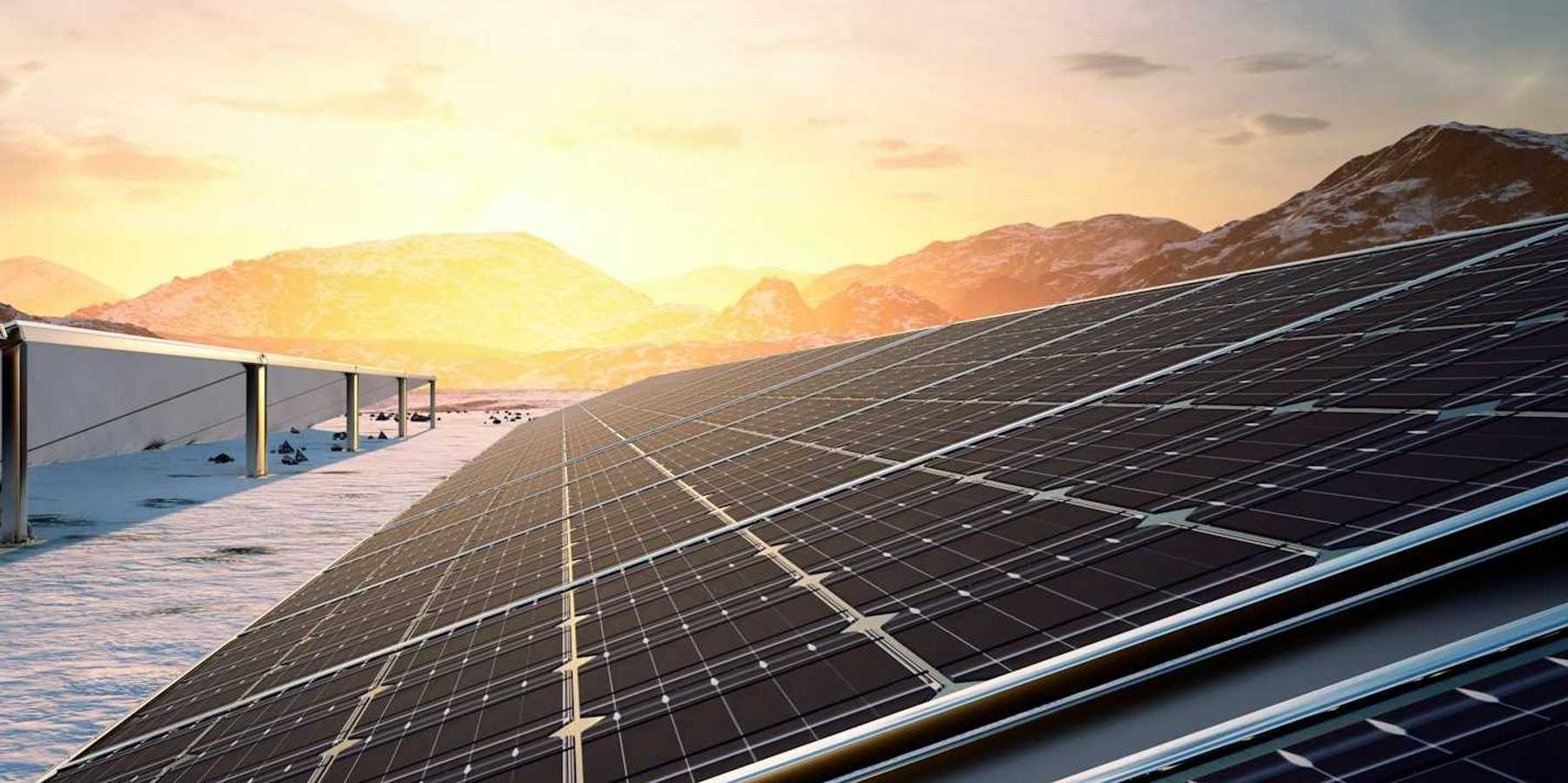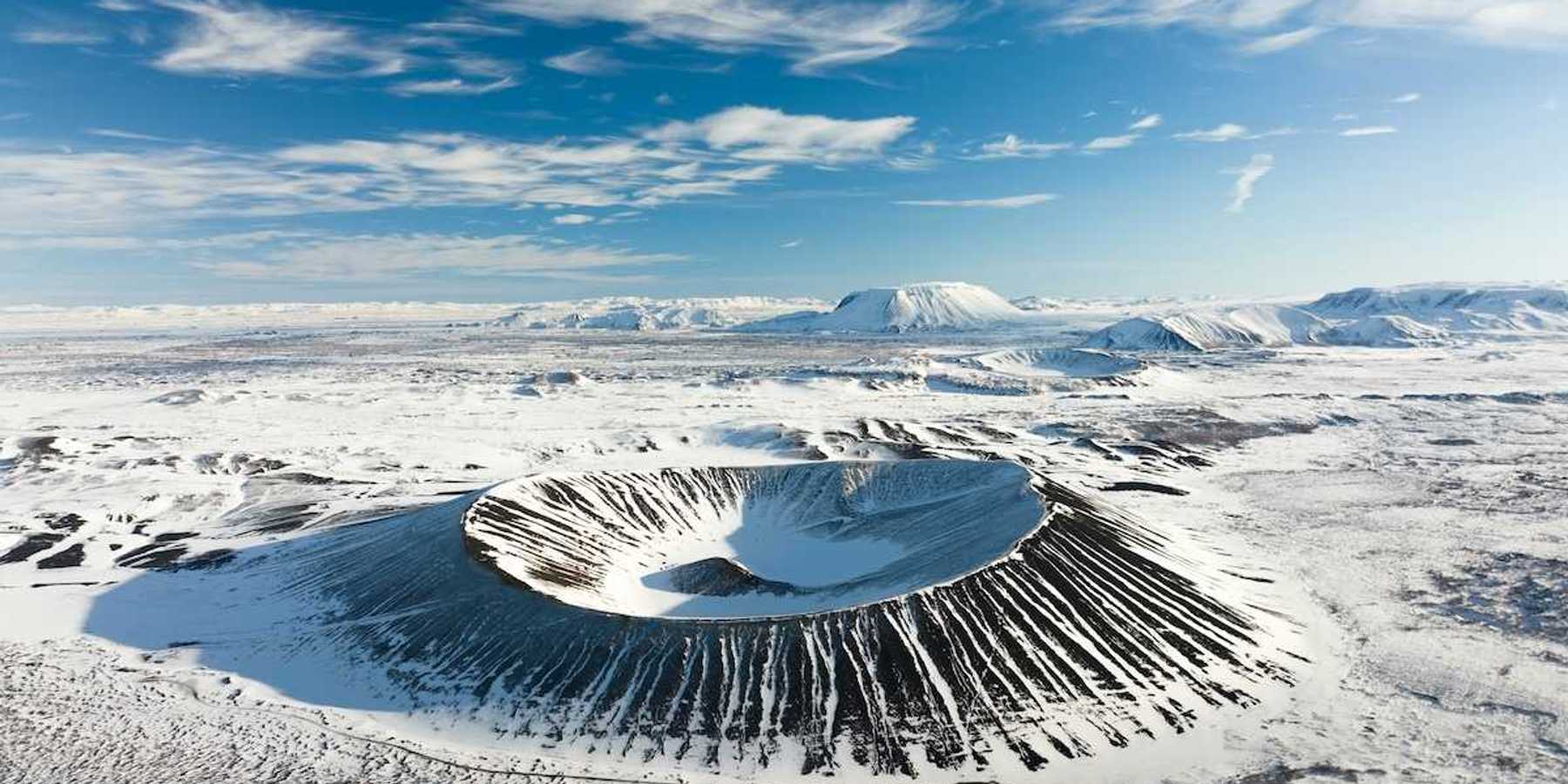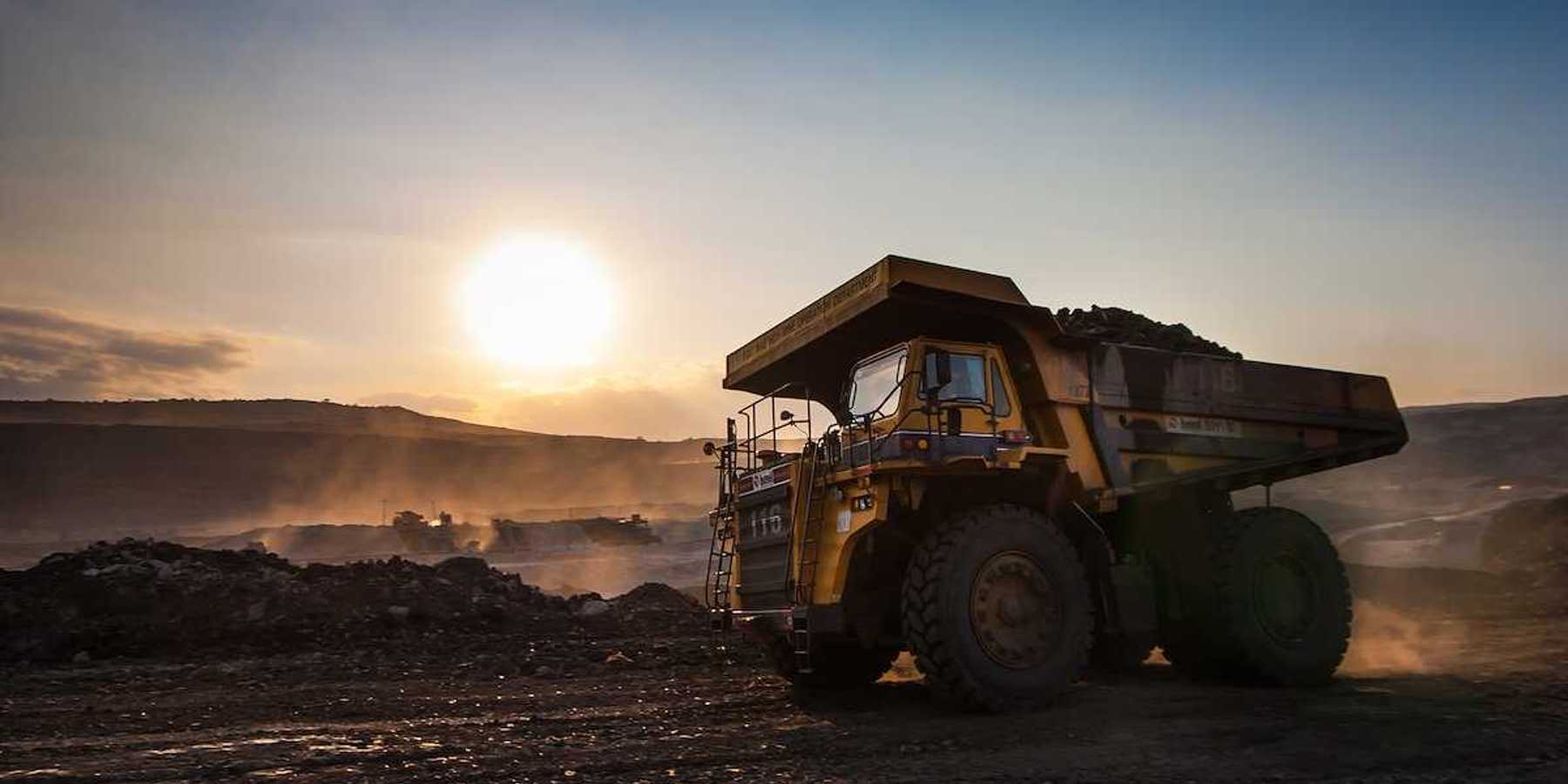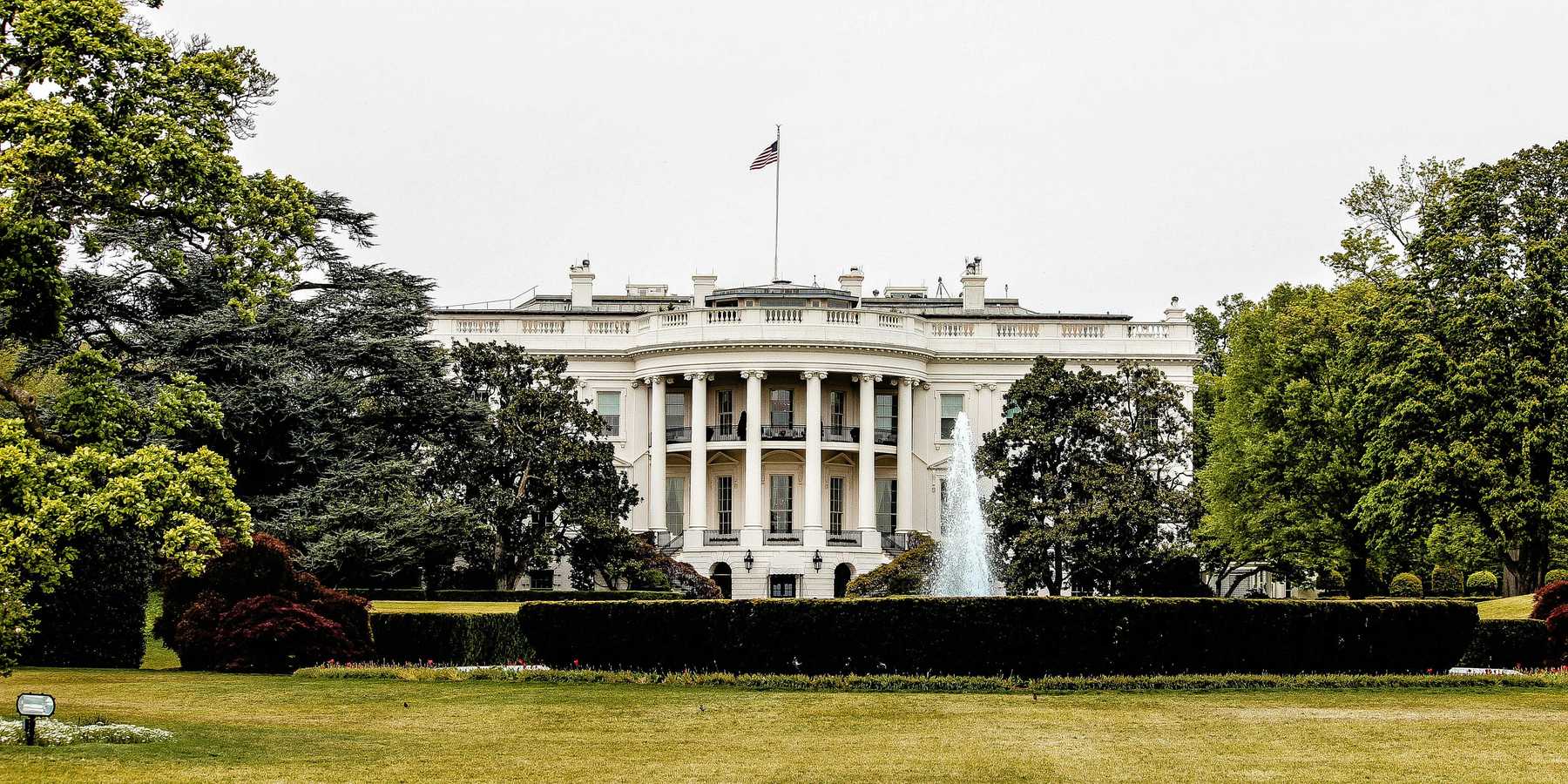Op-Ed: We must adapt to climate change. Can we do it in ways that solve other problems too?
With dire projections from the latest IPCC report, it's time to take a "multisolving" approach to climate change and other environmental challenges.
The Intergovernmental Panel on Climate Change has released its Sixth Assessment Report on the impacts of climate change.
The report has a clear message: Communities must adapt to climate change that has already happened and more that is on the way.
This is not new information. Climate adaptation experts have been telling us this for decades. The new report reinforces and strengthens those warnings. It also arrives at a daunting time: amid a global pandemic, with war and geopolitical instability in the headlines abroad, and political polarization at home.
I've seen many reports, but nothing like the new @IPCC_CH climate report, an atlas of human suffering & damning indictment of failed climate leadership.
I know people everywhere are anxious & angry. I am, too.
It's time to turn rage into #ClimateAction. https://t.co/ouBcbujyge
— António Guterres (@antonioguterres) February 28, 2022
The need to adapt to the climate change we can’t prevent can feel like one more emergency, one more drain on already-scarce resources. And to some extent this is true. Climate change adaptation will take hard work and real spending.
But with creativity and cooperation, some of that adaptation effort can provide other benefits at the same time. That's an approach called “multisolving,” and many climate change adaptation strategies are multisolving superstars.
Green investments
For example, greening the urban environment can help moderate heat waves. It can also reduce flooding from intense downpours. These are both climate impacts that the IPCC report tells us will become more common as the climate changes. Green infrastructure also helps save energy (and thus money) by keeping buildings cool. It can help improve air and water quality and boost people’s sense of well-being. If the green spaces include fruit and nut trees or gardens, they can also help improve access to fresh fruits and vegetables.
Living shorelines are another example of adaptation projects that multisolve. Projects like restored oyster beds help prevent flooding due to sea level rise. They also help protect marine biodiversity and the economies of fishing communities.
These sorts of investments not only help communities adapt to climate change, they help them thrive in other ways, too.
Weaning off fossil fuels
But there is an important caveat. Adaptation solutions like these are no match for the extremes that severe, unmitigated climate change will throw at us. This past summer Germany experienced more rain in one day than it typically does in a month. Green infrastructure alone can’t absorb such an extreme amount of rainfall.
The same logic applies to all impacts covered in the IPCC report–fires, flood, droughts, storms, and surging seas. For adaptation to succeed we need to prevent as much climate change as possible. And we do that by weaning our economies from fossil fuels as quickly as possible.
That fact points to a particularly interesting type of multisolving. Some projects can help communities prepare for climate impacts while reducing the use of fossil fuels at the same time. In a time of limited budgets this “two for the price of one” approach to climate should be a top priority.
Here are a couple of examples:
- There are reports of solar panels surviving Hurricane Ida in New Orleans. When the panels had battery back-up, they were even able to provide emergency electricity for charging phones and keeping medicine refrigerated. These stories show how the transition to clean energy can also help build resilience.
- When homes are weatherized, they use less energy and thus make less greenhouse gas pollution. That protects the climate for the long term. These energy efficiency upgrades can also help in case of climate impacts: If the power goes out in a heat wave, a well-insulated home will stay cooler, and thus safer, longer than one without insulation.
Climate adaptation projects
There's one final and very important consideration about climate adaption projects. The process of implementing them can be as important as the result.
Climate adaptation investments, to really qualify as multisolving, must ensure that their benefits and burdens are justly shared. This requires vigorous community participation from the beginning.
Community engagement can help tackle important questions, such as: Who does the project benefit? How does the design protect against side-effects like “climate gentrification”? (That's the emerging term for what happens when communities benefiting from adaptation investments become more attractive. Property values and rents rise, and long-standing community members can be displaced.) And who will have access to the jobs created by adaptation projects?
The climate change adaptation task ahead of us is mammoth, and time is short. No one knows exactly how to adapt; after all, we are entering unknown climatological territory. But two simple rules can help us make the best possible decisions.
The first principle is: Make every dollar count by addressing multiple problems.
The second one is: Make every decision as wise as possible by listening to the voices of those who have the most at stake.
If we can stick to those two principles, the needed investments in adaptation could also contribute to a healthier and more equitable society.
Dr. Elizabeth Sawin is founder and director of the Multisolving Institute, a think+do tank that helps people implement win-win-win solutions that protect the climate while improving equity, health, biodiversity, economic vitality, and well-being. She is a biologist with a PhD from MIT who has been analyzing complex systems related to climate change for more than 20 years.
You can follow her on Twitter.
Banner photo: Greenspace in Baltimore. Greening the urban environment can help moderate heat waves and reduce flooding from intense downpours. (Credit: Chesapeake Bay Program/flickr)













